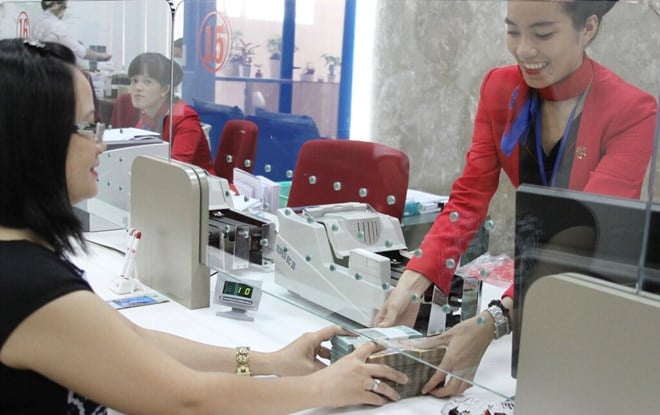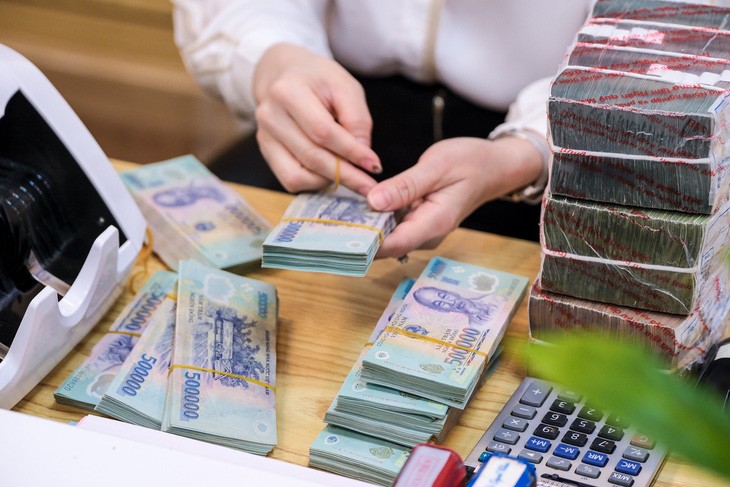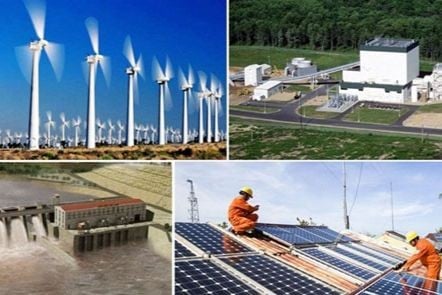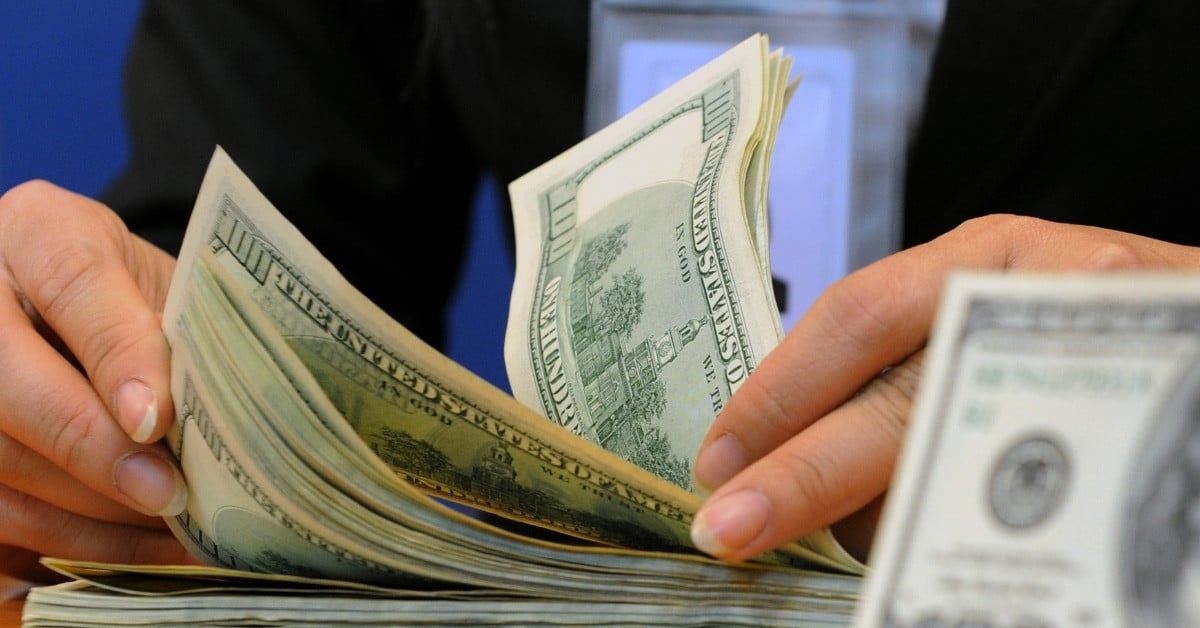
According to the State Bank of Vietnam (SBV), credit growth as of August 16 increased by 6.25% compared to the end of 2023, while previously, by the end of July 2024, total outstanding debt of the entire economy increased by 5.66%, lower than the figure recorded at the end of June at 6.1%.
In Ho Chi Minh City, by the end of July 2024, total outstanding credit in the area reached VND 3,680 trillion, down slightly by 0.09% compared to the previous month and up 11.47% over the same period. Of which, credit in VND increased by 4.54% compared to the previous month and up 13.52% over the same period.
Mr. Nguyen Duc Lenh, Deputy Director of the State Bank of Vietnam, Ho Chi Minh City, said that the slight decrease in credit in July 2024 was mainly due to the decrease in short-term credit due and foreign currency credit. However, the socio-economic situation and business production activities of enterprises maintaining a positive growth trend are important environmental factors to promote credit growth in the remaining months of 2024.
According to some experts, the economy’s capital absorption capacity has been slow in the first half of this year. The reason is due to the seasonal nature of the first quarter and weak market demand, the real estate market has not really recovered.
VCBS Securities Company forecasts that the credit growth rate in 2024 will reach an estimated 12 - 13%. The driving force for credit growth comes from active production and export activities, promoting public investment disbursement, especially key projects with high spillover effects such as infrastructure investment projects; the real estate market will gradually recover from the second quarter of 2024, leading to credit growth in the segments of real estate business loans, construction, and home loans.
VPBank Securities Company (VPBank Securities) expressed the view that the credit growth target of 14.83% this year can be achieved when expecting the consumption and production season in the second half of the year and expecting the Fed to lower interest rates, supporting Vietnam's "contrary" monetary policy.
In the second half of the year, to complete the target, the economy needs to push an additional 8.73%, equivalent to more than VND 1.18 trillion, into the market. However, VPBank Securities' analysis team is still concerned that credit growth of 14-15%/year is a big challenge because Vietnam's credit/GDP ratio is too high. In addition, credit growth is considered a criterion for evaluating banks as a basis for assigning credit room for the following year, which will also indirectly cause banks to try to push out all credit room.
VPBank Securities experts said that credit is largely driven by the real estate industry. By the end of the second quarter, outstanding real estate loans reached VND3,083 trillion, up 6.8% since the beginning of the year, accounting for 21.4% of total outstanding credit in the entire economy. This is also the most important sector of the banking system.
Because the demand for housing capital is very large, VPBank Securities experts see that there is still a lot of room for lending in the banking sector, however, there is a potential risk of increasing bad debt.
Meanwhile, although home loan interest rates have decreased positively over the past year, because housing prices are still high compared to income and the banking sector needs resources to handle outstanding bad debts, the disbursement of home loans has not been very positive.
VPBank Securities expects support policies to promote more sustainable credit growth, typically from policies and mechanisms to regulate real estate prices to suit people's income levels and the VND120,000 billion social housing loan credit package. Experts expect changes in the Real Estate Business Law and the new Housing Law will mainly benefit home buyers, helping credit growth.
Source: https://laodong.vn/kinh-doanh/tang-truong-tin-dung-no-luc-ve-dich-1386416.ldo











































![[Photo] Prime Minister Pham Minh Chinh chairs Government Conference with localities on economic growth](https://vstatic.vietnam.vn/vietnam/resource/IMAGE/2025/2/21/f34583484f2643a2a2b72168a0d64baa)






















































Comment (0)